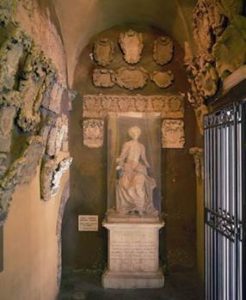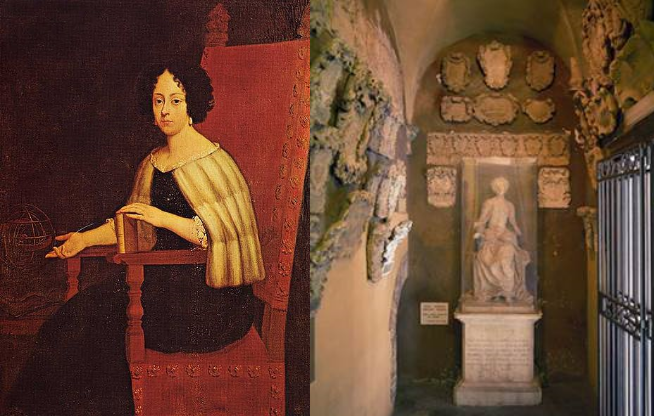The Italian Elena Lucrezia Corner Pisonia is the first woman in the world to graduate, as she entered her degree in Philosophy from the University of Padua on June 25, 1678. Born in Venice in 1646, Elena was the daughter of Giovanni Battista, that held the part of the alternate most important authority in the Republic of Venice after the Doge.
Since she was a child, Elena had shown a great literacy capability, curiosity, and cleverness, as well as serious fidelity to her studies. Elena enrolled at the University of Padua – one of the most prominent universities in ultramodern Europe- for a degree in Theology. Her university operation was accepted by the directors without any difficulties. Still, she met with the opposition of Gregorio Barbarigo, bishop and cardinal of Padua, as well as chancellor of the university, who was trying to put the Catholic Church doctrine according to which women were allegedly not suitable to perform complex logic.
Without his authorization, Elena couldn’t graduate. Ultimately, the Corner family, the University and Barbarigo, reached a concession and it was agreed that Elena would be awarded a degree in Philosophy rather than Theology.
According to sources of the time, on the day of Elena’s graduation roughly 30’000 people showed up to attend her dissertation. Elena, therefore, became the pride of the University of Padua, and of the Republic of Venice. Her historical significance, however, was only conceded in 1969, when the University of Padua decided to officially certify her as being the first woman in the world to graduate.

Inside Palazzo del Bo’, the main structure of the University of Padua, her statue is exhibited.
Read more on Italy Magazine.

This article was written by Elisa Bissacco as part of an ongoing series of scientific communications written and curated by BioTrib’s Early Stage Researchers.
She is studying a PhD in Tribological Characteristics of Nanofibrous Electrospun Materials at ETH Zurich.

